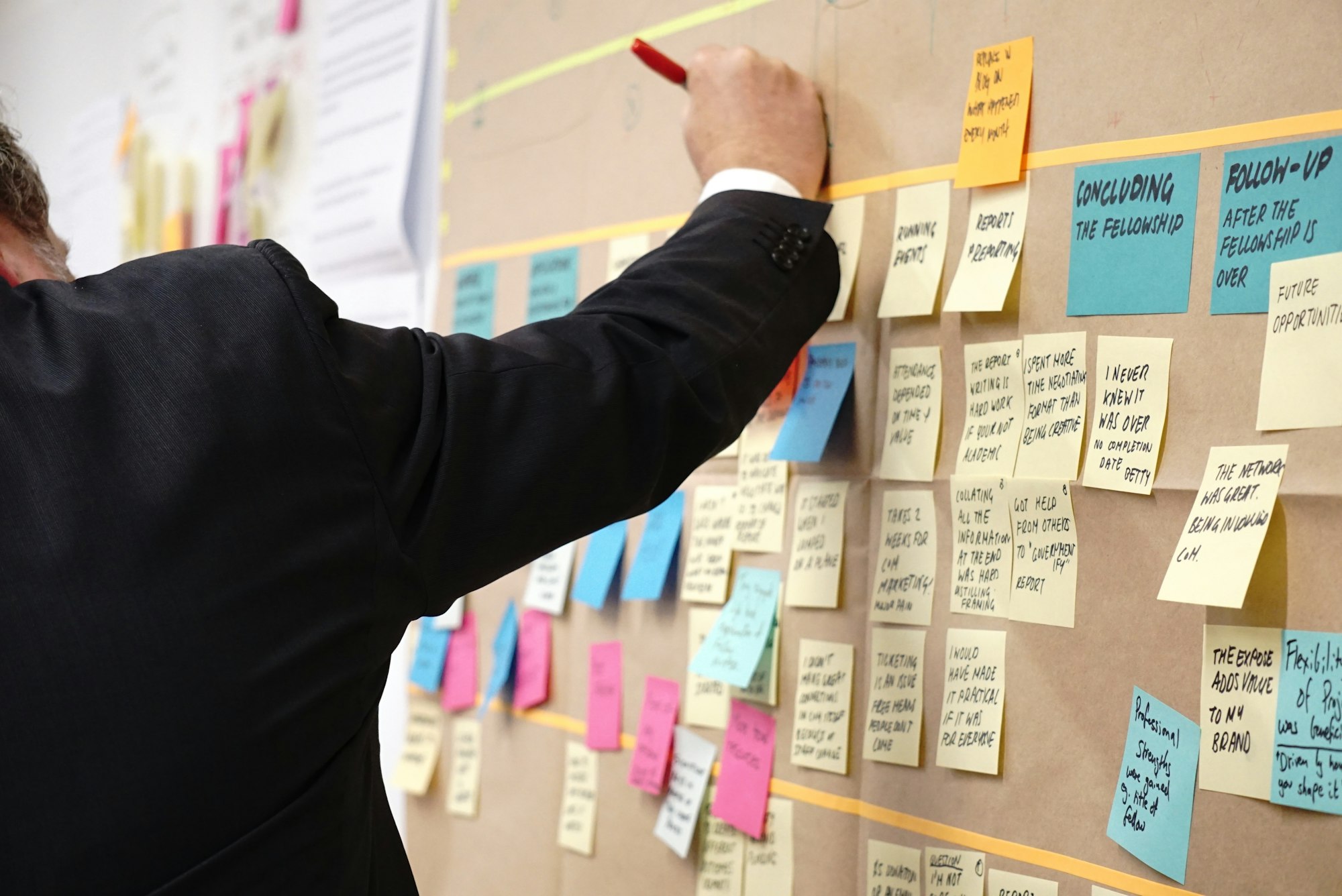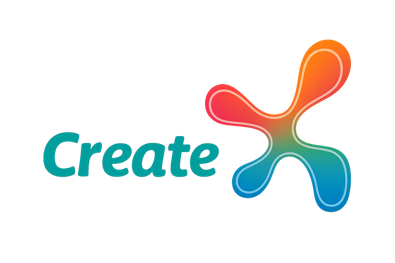The Story of Kai-Fu Lee: An Architect of Our AI Future

The Making of an AI Pioneer
The journey began not in a vast data center, but in the halls of academia. With a fierce intellect and a passion for machine learning, Kai-Fu Lee laid the groundwork for how we interact with technology today. His doctoral work was not just a thesis; it was a quantum leap for artificial intelligence.
'Sphinx' - The Breakthrough
In 1988, his Ph.D. dissertation at Carnegie Mellon University unveiled the world's first large-vocabulary, speaker-independent, continuous speech recognition system. It was the genesis of the voice assistants we use every day.
A Career Forged in Tech's Crucible
From the labs of Apple to the helm of Google China, Lee's career is a tour of the companies that defined the digital age. At each stop, he wasn't just an executive; he was an innovator, pushing the boundaries of what AI could do.
Apple (1990-1996)
As a Principal Research Scientist, he led projects in speech and natural language, planting the seeds for future voice interaction.
Microsoft (1998-2005)
Founded Microsoft Research Asia, transforming it into a world-class computer science lab, before becoming a Corporate VP.
Google (2005-2009)
As President of Google China, he spearheaded the search giant's establishment and growth in a complex new market.
Sinovation Ventures: Seeding the AI Revolution
In 2009, Lee embarked on his most ambitious chapter: founding Sinovation Ventures. This wasn't just another VC firm; it was a launchpad for the next generation of high-tech companies, with a sharp focus on the transformative power of artificial intelligence.
Primary Investment Areas
The AI Superpowers Thesis
In his seminal book, "AI Superpowers," Lee demystified the global AI landscape, arguing that the era of American discovery is giving way to an era of Chinese implementation. He outlined the distinct advantages that position both nations as the twin engines of the AI revolution.
Comparative Strengths in the AI Race
Silicon Valley's Edge:
Deep expertise in elite research, pioneering new algorithms and breakthroughs from the ground up. A culture of creative, disruptive innovation.
China's Edge:
A massive data advantage, a tenacious entrepreneurial ecosystem, and strong government support, allowing for rapid implementation and scaling of existing AI technologies.
A Glimpse into 2041: The Coming Disruption
Kai-Fu Lee's forecasts are not dystopian warnings, but a clear-eyed call to action. He predicts AI will automate a significant portion of jobs within 15 years, reshaping our economy and society. The key challenge isn't stopping AI, but adapting to it.
~40% of Jobs are Displaceable by AI
Each icon represents 1% of the workforce. The highlighted icons represent jobs susceptible to automation.
The Human Element
"AI can optimize, but not create. It can calculate, but not feel," Lee argues. He believes our future lies in embracing the roles AI cannot fill: those requiring creativity, compassion, strategy, and deep human connection. AI will free us from routine work to focus on what truly makes us human.

Detailed Research Report



